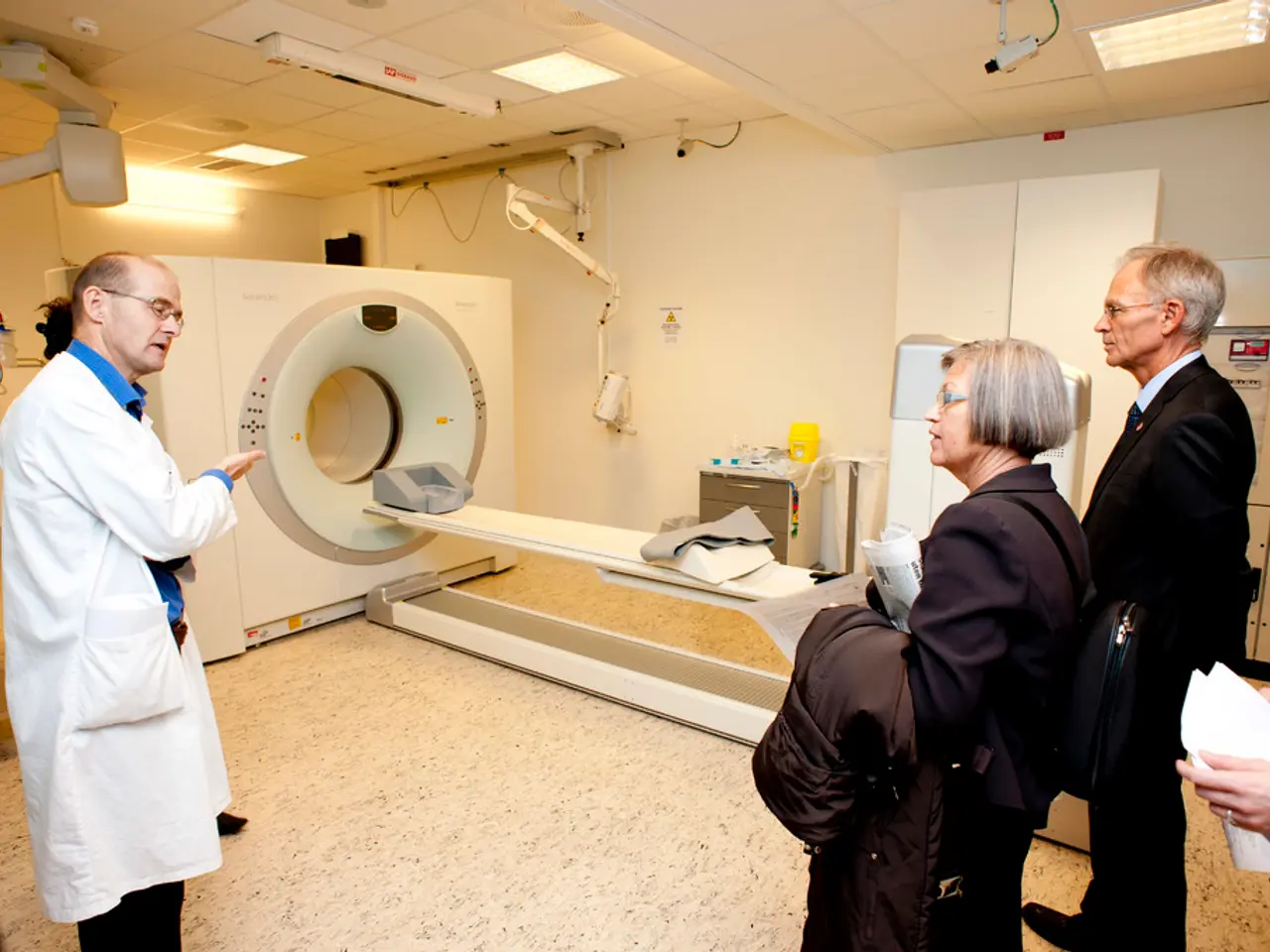Healthcare Cultural Sensitivity: Narrowing Divides for Diverse Communities
In the ever-evolving landscape of healthcare, the importance of cultural competence has never been more evident. Institutions like Johnson & Wales Online are leading the charge, integrating cultural competence into their public health curricula, offering online degrees in Public Health and Healthcare Administration to develop a culturally aware workforce.
Cultural knowledge is the cornerstone for health professionals, enabling them to understand, respect, and bridge the gap between diverse cultures, languages, and health traditions. This understanding is crucial in fostering strong community relationships, leading to increased trust and improved patient outcomes.
Strategies for implementing cultural competence in healthcare are multi-layered and comprehensive. Provider training and self-awareness, for instance, involve continuous education through cross-cultural training programs, workshops, and supervision. This helps healthcare providers recognize and address their own biases and cultural assumptions, building sensitivity and reducing potential prejudice in care delivery.
Cultural adaptation of interventions is another key strategy. This approach tailors healthcare services to align with patients’ cultural practices, enhancing relevance and engagement. Modifying language, integrating traditional healing practices, and involving family or community members in care processes are examples of this approach, leading to better patient adherence and outcomes.
Community engagement and collaboration are also essential. Partnering with local organizations and cultural leaders fosters trust and ensures that services are culturally relevant and accepted. Such collaboration helps healthcare systems design interventions that resonate with specific cultural groups and support equity.
Institutional and systemic integration is another crucial aspect. Embedding cultural competence into medical education, institutional policies, and healthcare system reforms creates sustainable change. This includes diversifying the workforce, expanding access, and addressing economic and racial inequities to close health disparities.
The use of technology and multidisciplinary teams also plays a significant role. Employing AI tools to analyze cultural data patterns and promoting collaboration within diverse healthcare teams enriches insights into cultural factors, improving accuracy in areas like medical coding and patient care planning.
Language services and inclusive communication are vital in overcoming barriers and creating environments where patients feel seen and respected. Providing language support and fostering respectful communication are key to this, boosting participation and adherence.
Regular feedback and assessment are also essential for continuous refinement of cultural competence initiatives. Implementing ongoing feedback systems such as surveys and open dialogues allows healthcare organizations to address challenges proactively.
Cultural sensitivity and responsiveness are crucial components of culturally competent care. This involves demonstrating empathy for patients, being willing to listen to their needs and concerns, and developing a personalized plan of care based on the person’s belief system. Adapting communication styles, updating care plans, and personalizing treatment approaches to cater to diverse values and cultural backgrounds are also essential.
Culturally competent care increases patient satisfaction, as patients feel represented, respected, understood, and valued. It also reduces health disparities, particularly in minority populations, and improves health equity.
Becoming culturally competent in healthcare is an ongoing process that requires training and education for all professionals, regardless of experience level. Cultural awareness is a key component, helping healthcare professionals provide culturally sensitive care.
Language accessibility is crucial in healthcare, with the use of translated materials, language interpretation specialists, and multilingual staff members helping to ensure all patients feel confident and informed.
Continuous improvement is essential in maintaining cultural competence in healthcare. Providers and health professionals must regularly evaluate the care they provide and be open to feedback.
In conclusion, a healthcare environment that respects and integrates cultural diversity, promotes equity, and improves health outcomes across populations is within our reach. By implementing these strategies, we can create a more culturally competent healthcare system that benefits us all.
In the ongoing pursuit of a more inclusive and effective healthcare system, it's important to focus on diverse areas such as finance, business, and diversity-and-inclusion. By incorporating financial plans that support equitable access to care and utilizing business strategies to streamline cultural competence initiatives, we can create a more sustainable and impactful public health sector. This holistic approach will not only foster a culturally aware workforce but also improve community relationships, health outcomes, and overall health equity.




